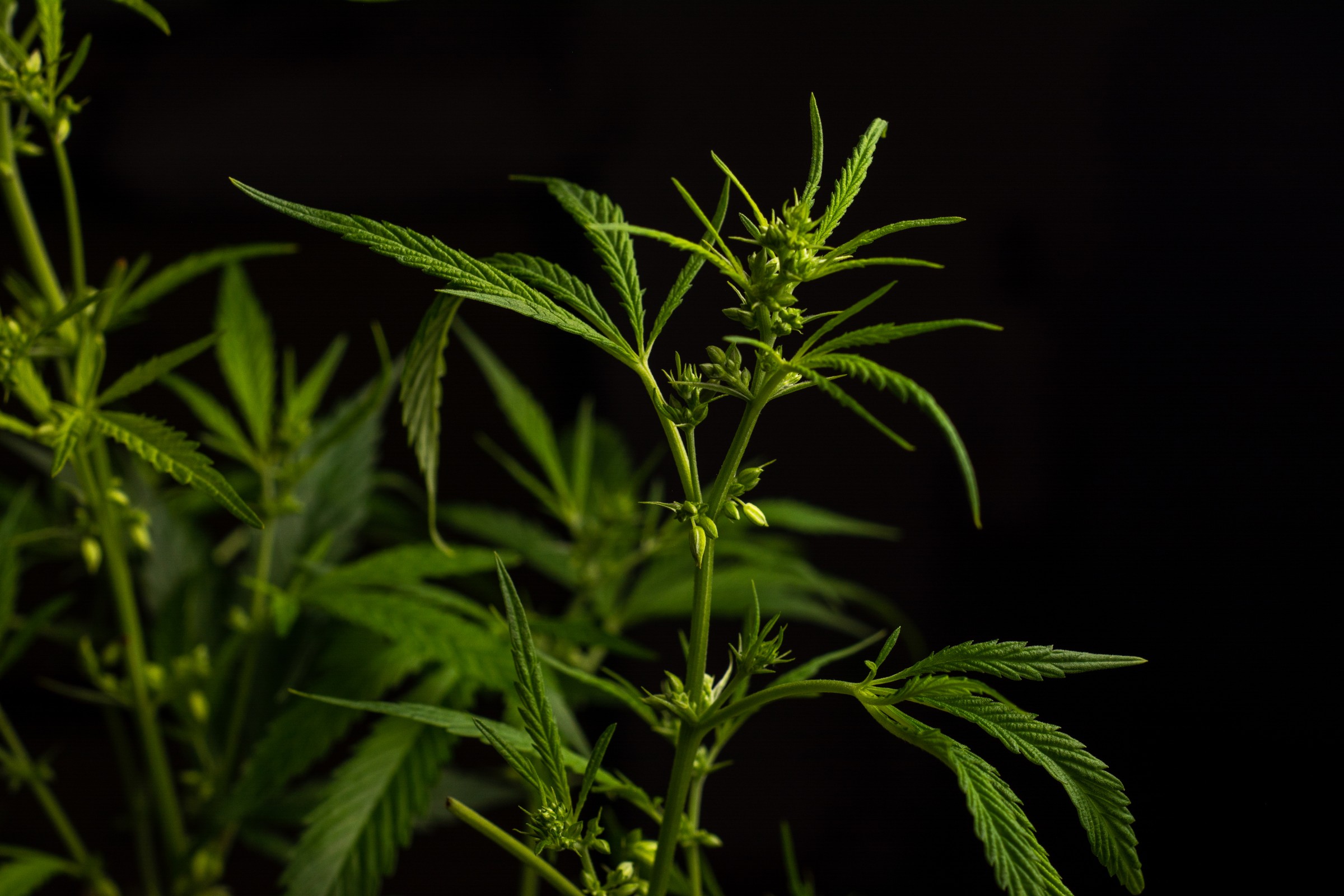The Weed Wars: How Resistance is Changing Agriculture Forever

On a damp July morning in Illinois, amid the round barns of the University of Illinois’ South Farm, weed scientist Aaron Hager paints a grim picture of modern agriculture. Vast stretches of corn and soybean fields, once kept weed-free with herbicides, are now losing the battle against herbicide-resistant plants.
Weeds like water hemp and Palmer amaranth have evolved to withstand multiple classes of herbicides, creating an agricultural crisis. These so-called "super-weeds" reduce yields by up to 50% or more and have the potential to drive farmers out of business.
“It’s the agricultural equivalent of antibiotic resistance,” says Hager, “and it’s only getting worse.”
Decades ago, synthetic herbicides revolutionized farming, replacing hand weeding and plowing with chemical efficiency. The introduction of genetically engineered "Roundup-ready" crops in the 1990s promised an easy solution to weed control. However, heavy reliance on glyphosate (the active ingredient in Roundup) inadvertently accelerated resistance.
Today, over 500 weed species worldwide have developed resistance to herbicides, with some, like Palmer amaranth, impervious to as many as nine different chemical classes. These resilient weeds spread quickly, outcompeting crops for resources and leaving farmers scrambling for solutions.
Herbicide resistance is more than an inconvenience—it's a threat to global food production. Resistant weeds like Palmer amaranth can grow over two inches a day, dominate entire fields, and survive droughts. For farmers, delayed spraying due to weather or unforeseen circumstances often means losing control of these aggressive plants.
"We need a fundamental change in weed control," warns Larry Steckel, a plant sciences professor at the University of Tennessee. "It’s critical."
Compounding the issue, many herbicides being used as alternatives—such as 2,4-D and dicamba—pose environmental and health risks. Paraquat, linked to neurological disorders like Parkinson’s, is increasingly used in the U.S. despite being banned in over 60 countries.
The battle against resistant weeds calls for a diversified approach. Sole reliance on herbicides is proving unsustainable, prompting farmers and scientists to explore alternative methods, both old and new:
1. Non-Chemical Innovations
AI and Robotics: Precision weeding tools like Carbon Robotics' LaserWeeder and electrification rigs zap weeds without harming crops.
Weed Seed Destructors: These devices, popular in Australia, grind weed seeds during harvest, preventing their spread.
Irradiated Pollen: Israeli company WeedOut is testing a method to sterilize Palmer amaranth pollen, reducing seed production.
2. Time-Tested Practices
Crop Rotation: Alternating crops with different growth cycles prevents weeds from adapting.
Cover Crops: Winter cover crops suppress weeds by blocking sunlight and competing for nutrients.
Cleaning Equipment: Preventing the spread of weed seeds by cleaning combines and machinery, especially when moving equipment across states.
3. Smarter Herbicide Use
Rotating herbicides with different modes of action can delay resistance.
Mixing herbicides can sometimes provide temporary relief, though this strategy comes at a cost to both the environment and farmers’ finances.
AI-driven systems and robotics hold immense potential to revolutionize weed management. Precision sprayers, autonomous machines, and integrated data systems could reduce herbicide use while increasing efficiency.
"Eventually, robotic weeding and AI-driven spray rigs will take over," predicts Stephen Duke of the University of Mississippi. However, the high costs of these technologies remain a barrier for row crops like corn and soybeans, which dominate vast agricultural landscapes.
For states like New York, where resistance isn’t yet widespread, the key is prevention. Scientists like Lynn Sosnoskie and Vipan Kumar at Cornell University emphasize the importance of proactive measures, such as educating farmers about the risks and implementing diverse weed control practices.
"We’re not going to solve weed problems with chemicals alone," Sosnoskie says. "We have to start pursuing straightforward practices before resistance takes hold."
The war against weeds is far from over. Resistant species are evolving faster than the tools designed to combat them, making it crucial for agriculture to adopt a multi-pronged approach. From robotic weeding to smarter farming practices, the future of farming depends on innovation, adaptability, and collaboration.
As Vipan Kumar puts it, “This is coming, and we have to be ready.”